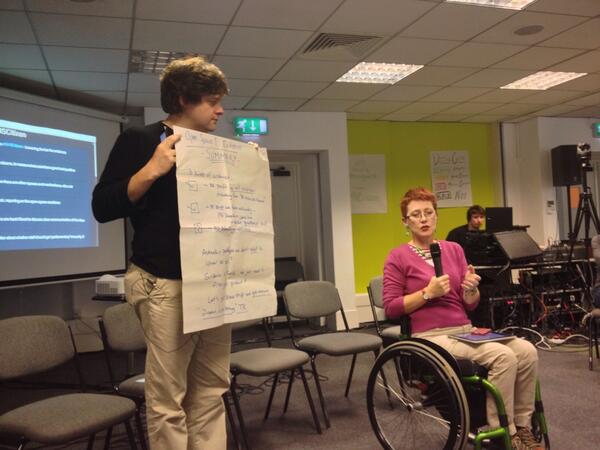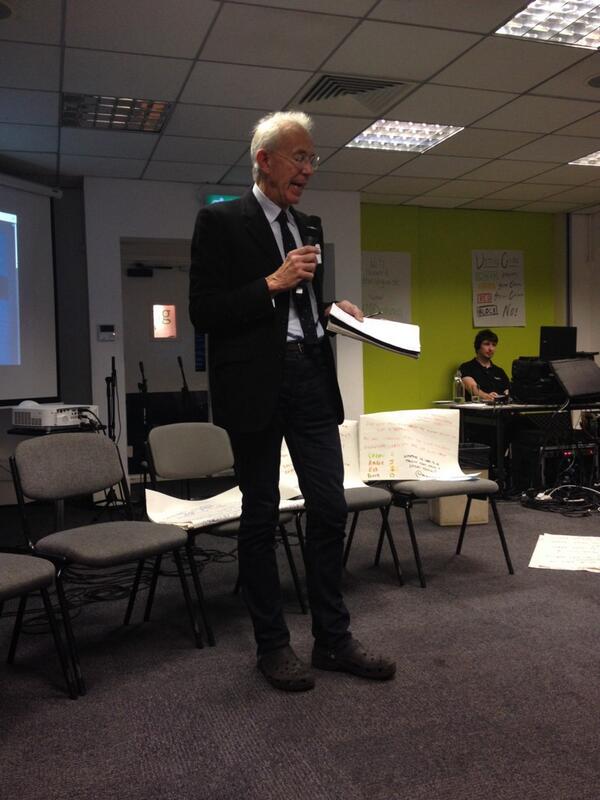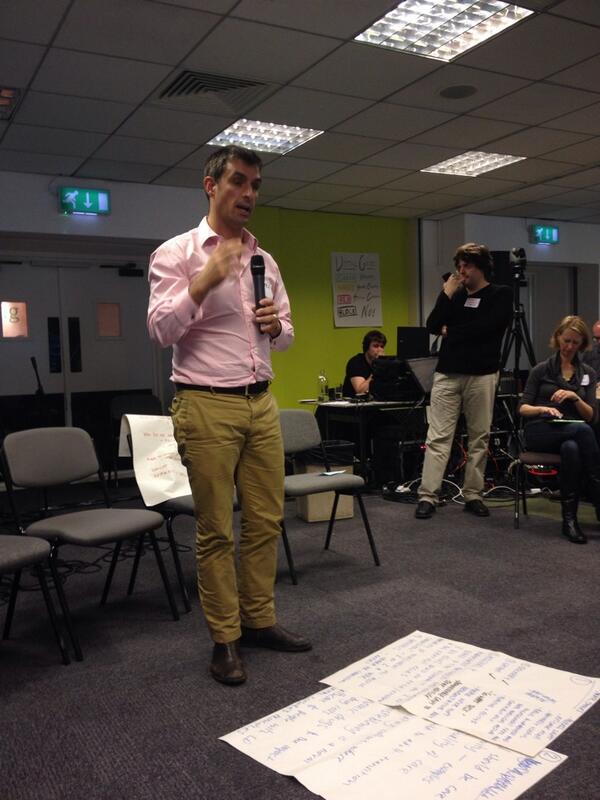Silicon Valley comes to Oxford 2013
I've attended Silicon Valley comes to the UK (SVC2UK) at the University of Cambridge for the last 3 years, which led to me quitting my job. The chance to attend, Silicon Valley comes to Oxford (SVCO) came up, and I registered, curious to see how it would compare. I knew the university was old, but I didn't realise exactly how old, until I asked Siri.
Fascinating to see the intersection of old and new at #SVCO today pic.twitter.com/tsbuYCBkPl
— Maneesh Juneja (@ManeeshJuneja) November 24, 2013As you remember from my post a few weeks ago, my first impressions of SVC2UK in 2013 were not great, as no public wifi in the venue. So, full marks to University of Oxford for having free public wifi available in the venue, from the moment I entered the venue.
Also, I received a survey from SVCO asking for feedback, 2 days after the event. Contrast this with SVC2UK, which sent me a survey by email, 17 days after the event. It does make me wonder.
The day I registered for involved 20:20 sessions featuring leaders from California, along with the Oxford Union debate in the evening. Tracks for the day's sessions were Venture Capital, Tech Entrepreneurship, Technology Executives, Health Care & Tech, and Sales & Marketing in Tech. The primary interest for me was the Health Care sessions.
First up was Dr David Edwards, who talked about redesigning food & how it will impact human health over the next 2 decades. One venture he has founded is Aerolife, which currently makes air based smart nutrition products. He was giving out samples after his talk. I took the breathable energy, excited to try it out. I tried it out today. Loved the energy boost and mode of delivery, but it left a horrible taste in my mouth. I was compelled to then drink a cup of coffee to get rid of the taste!
Breathable food - can we deliver nutrition & pleasure with no calories/addiction? says David Edwards #SVCO pic.twitter.com/mLvOd8nFL1
— Maneesh Juneja (@ManeeshJuneja) November 24, 2013Next was Gary Lauer, CEO of eHealth who talked about the consumer centric approach in healthcare.
Gary Lauer from @ehealthinc says one day someone will develop the PayPal of #healthcare #SVCO pic.twitter.com/nCcj4bDreG
— Maneesh Juneja (@ManeeshJuneja) November 24, 2013I spend so much time with medical professionals, investors, techies & patients, that hearing Stacey's Chang talk was very refreshing. Director of the IDEO Healthcare Practice, his talk was about 'Returning Humanity to Healthcare'. It wasn't just me who appreciated his unique perspective, you could see by the tweets and reactions of people around the room. One of the best talks I've heard in 2013.
@stacey_chang from @ideo asks us 'how often do we ask what the human needs in #healthcare are?' at #SVCO pic.twitter.com/ftOV0jrRKQ
— Maneesh Juneja (@ManeeshJuneja) November 24, 2013For the last session, I decided to hear Michael Fertik, CEO of Reputation.com, talk about the future of Big Data, Privacy & the Individual. I didn't necessarily learn anything new, but it was the manner in which he explained his thoughts which was well received. Do we want to be a data serf or a data landlord?
@michaelfertik says "your personal data is the hottest asset in the world right now" at #SVCO pic.twitter.com/CnuJa1eOMa
— Maneesh Juneja (@ManeeshJuneja) November 24, 2013Now, we had the chance after each of the 20:20 sessions to ask questions, plenty of time was allotted, and it was fairly informal. All of the speakers were great at taking questions, apart from one, who behaved arrogantly, Michael Fertik. People who had just heard him speak, asked him questions, and he interrupted, in a sarcastic tone, each person who was asking him a question. We had quietly listened to his talk, and yet he couldn't show the same respect when audience asked him questions? Maybe he was trying to be humourous, but he came across as a complete idiot.
Should we rest our hopes on technology?
In the evening was the Oxford Union debate. So exciting, given that it's been going for 189 years, and is considered the world's most prestigious debating society.
Panoramic view of Oxford Union's debating chamber
Dr Catherine Mohr
The debate was centered around one thing, "This house believes that the technology revolution will solve the global health care crisis". I really enjoyed it, as did the 8 leaders from Silicon Valley who participated. What's fascinating is that Dr Catherine Mohr, Director of Medical Research at Intuitive Surgical was the ONLY woman who was part of the debate, and everyone thought she was brilliant too, judging by the applause. Oh the final result, the opposition won the debate. I was one of those who voted for the opposition. I don't believe technology can solve ALL of the problems in Global Health. Certain problems can only be solved by using the ultimate technology, our brains! I managed to record the opening minutes of the debate being introduced, video is below (and is quite fun to watch).
The beginning of the debate, opening remarks by Joe Dinucci
Mindset & Culture
I really appreciate events like SVCO & SVC2UK, as I'm sure there is much preparation involved. Both are now firmly on my calendar for 2014. However, these events are just one element of the change that is needed in the UK. Yes, we have brilliant minds in the UK, and yet why is that many of those brilliant minds only flourish once they relocate to Silicon Valley. In my numerous visits to the Valley, I observe how the 'energy', the 'culture', the 'mindset' is so unique and inspires me each time I'm over there. Reading this great article this week on Silicon Valley, two sentences stand out,
Silicon Valley is as much about mindset as it is about the location.
This mindset is something rarely studied as it is woven through the fabric of the Valley and difficult to see.
I don't have the answers about how we cultivate that 'mindset' in this country. If you do, I'd love to know what your thoughts are.
Perhaps, it's too late for those of us who've been through the established education system here? Maybe it's the 5 year old children of today who we need to influence and inspire, as both their hearts & minds are relatively more open than the MBA graduates of today? Perhaps in 2014, we can have "Silicon Valley comes to your primary school"?
In healthcare, the reality is often far different than events such as SVCO. Starting a business and creating new technology is the easy part, finding people willing to pay for your innovation is much harder, and sometimes impossible. Pascal Lardier, who runs the international conferences for Health 2.0, recently wrote about how the NHS isn't doing as well as it wanted to, when it comes to working with UK health tech startups.
We were told at the start of Sunday by Professor Andrew Hamilton, Vice-Chancellor, University of Oxford that the university wanted to be more like Stanford & Berkeley. That we shouldn't be fooled by the old architecture, we are a very modern university. However, having visited both Stanford & Berkeley, I was struck by how many people in suits were in attendance at the event in Oxford. When I attend events in the Valley, I'm struck by how few people are wearing suits. This is what I mean about 'mindset' and 'culture'.
@ManeeshJuneja also funny (?) how even SV guests suited up. Is it the Oxford gravitas? #SVCO
— Ana Isabel Canhoto (@canhoto) November 24, 2013What were people saying on Twitter?
Not that much actually. Despite the fact that the printed program had the Twitter handle of each speaker listed (well, actually, out of 51 speakers, 24 had a Twitter handle). Kudos to the organisers, most events I attend do not list this in the program, and you waste time searching to see if the speaker you're hearing is on Twitter.
Given the multi-billion dollar IPO of Twitter this year, I was surprised by the low number of people at an event with 'Silicon Valley' in the title engaging in the Twitter conversation. Apparently, 600 attendees the day I attended. Being a data person, I turned to Tweet Binder to analyse the hashtag of the event, #SVCO to gather evidence You can see excerpts from the report below. Naturally, if someone tweeted during the event, without the hashtag, it's not included in the report. So, 247 original tweets from 179 contributors. Interesting stuff!
Twitter hashtag analysis #SVCO
So who exactly was tweeting? If you've read my previous posts, you'll know that I'm very active on Twitter. The definition of 'Most Active' in this report is the contributor who sent the highest number of tweets (RTs included). 'Most popular' is simply the number of followers for each contributor, it's the 'highest impact', defined as number of tweets or RTs multiplied by number of followers for that contributor.
Twitter hashtag analysis #SVCO
Conclusion
Overall, an enjoyable, inspiring and educational day, and the organisers must be applauded for running this for the 13th year. I got a dose of Silicon Valley without having to sit on a plane for 11 hours!
In fact, I met people at the event that may be interested in working with me in 2014 in the area of Digital Health. A totally unexpected bonus. It reminds me that despite our fixation with being online in the digital economy, we can learn so much by connecting with people in real life at events such as SVCO.












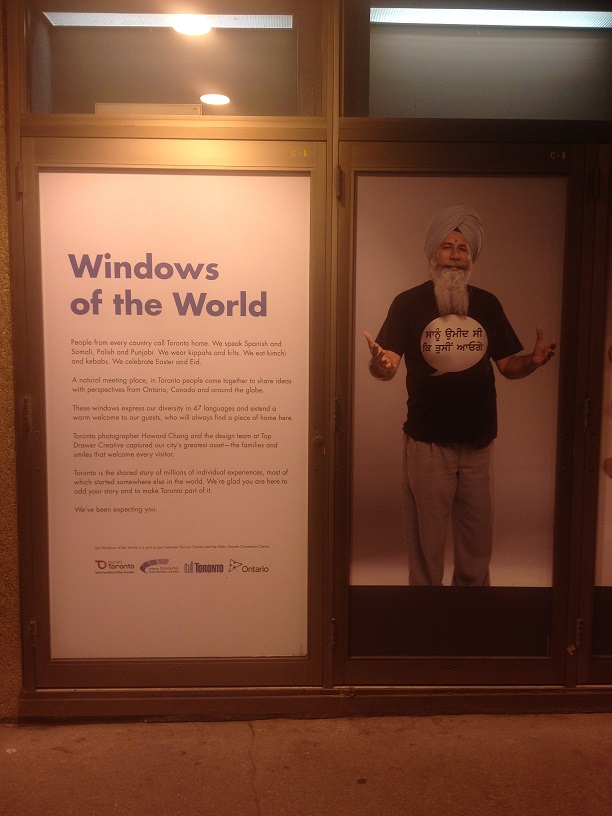











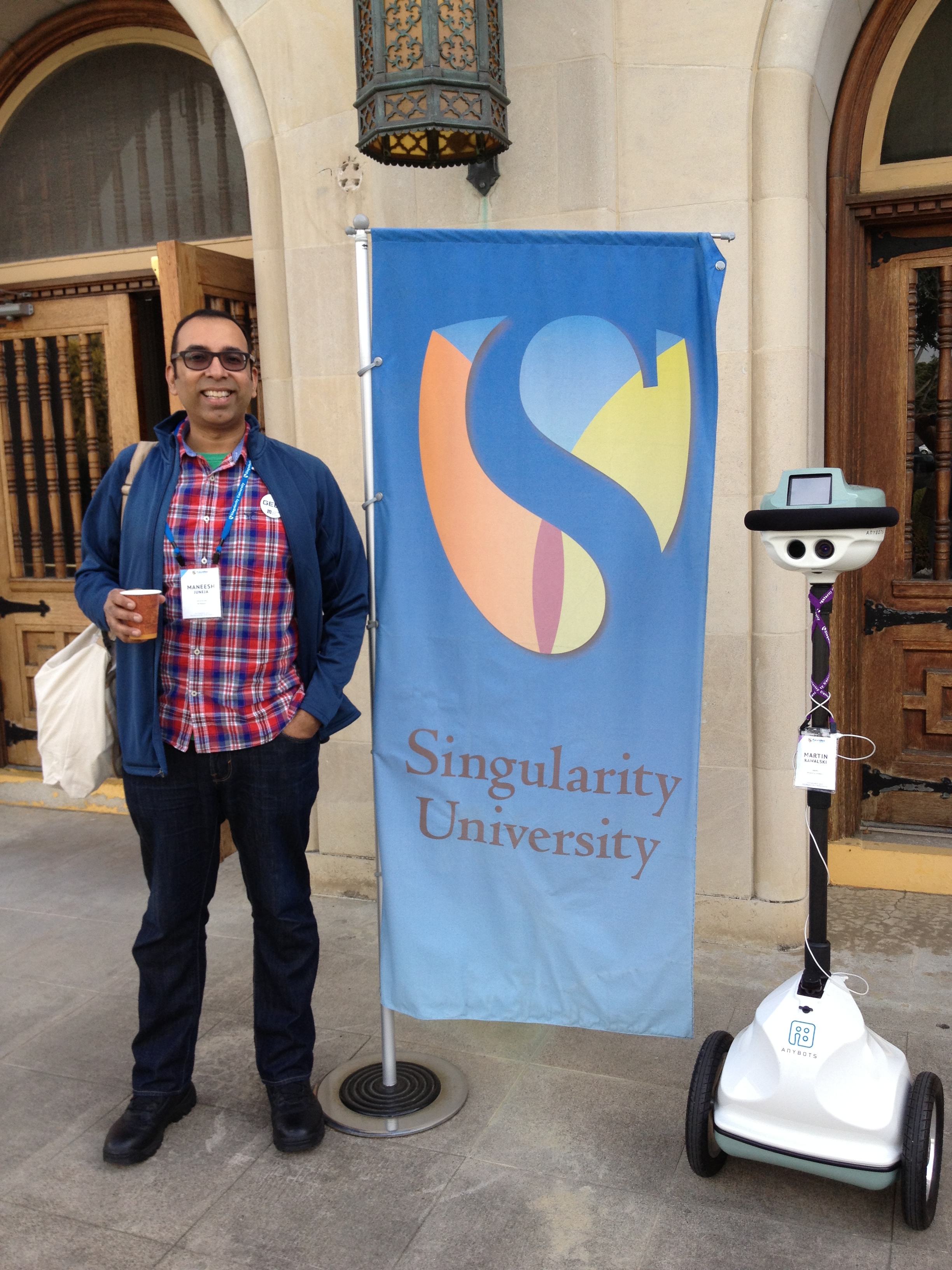
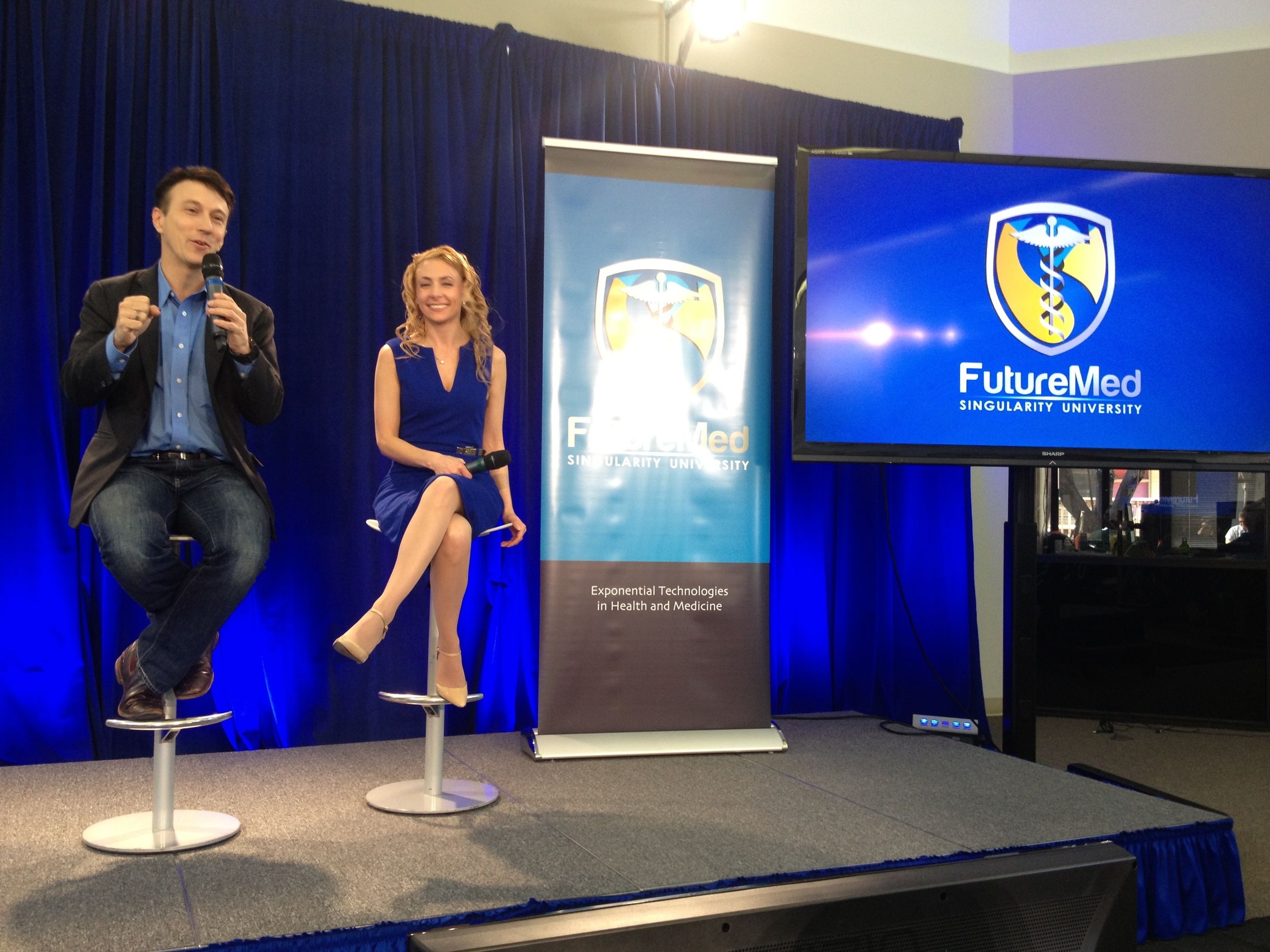
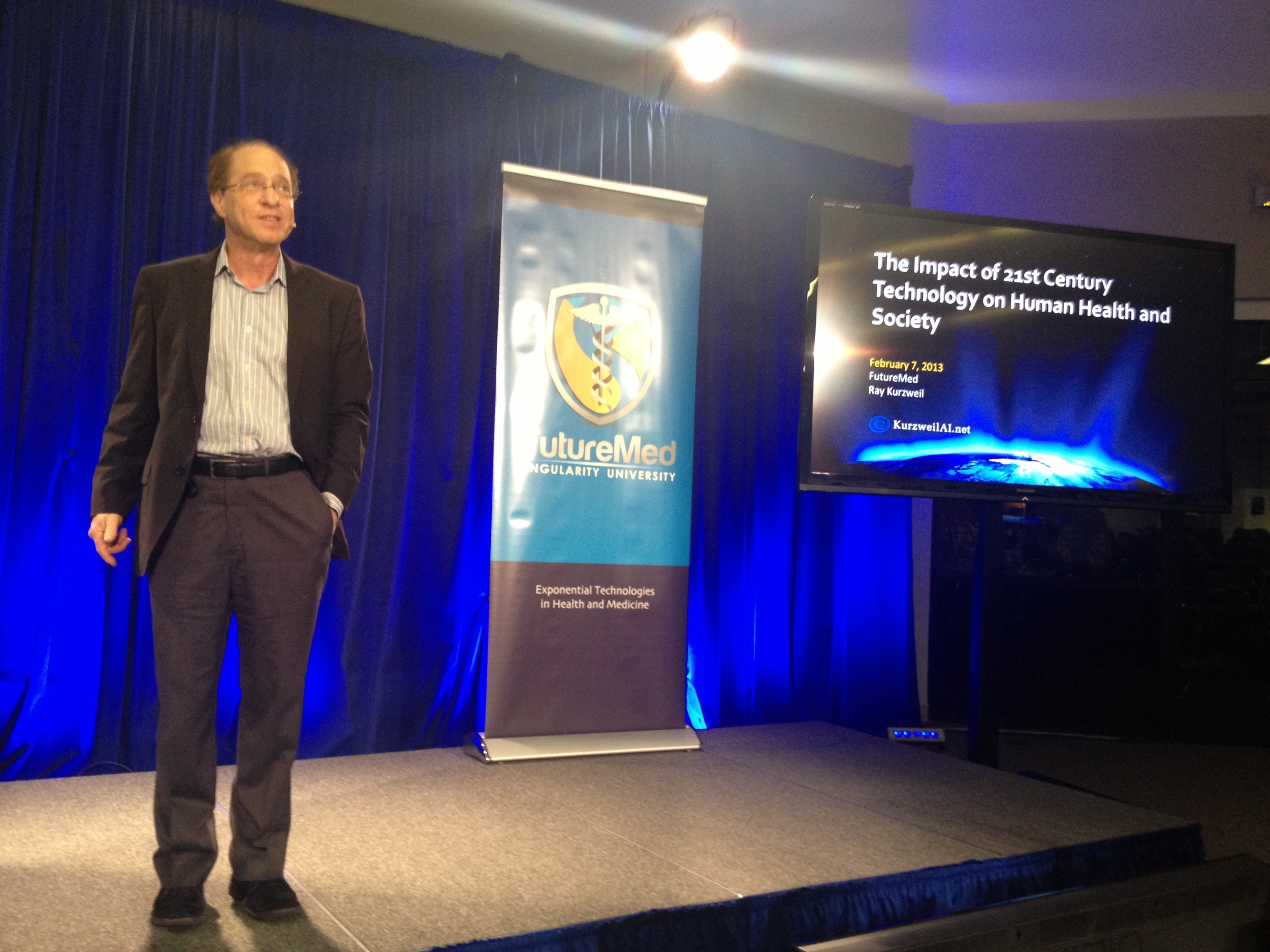
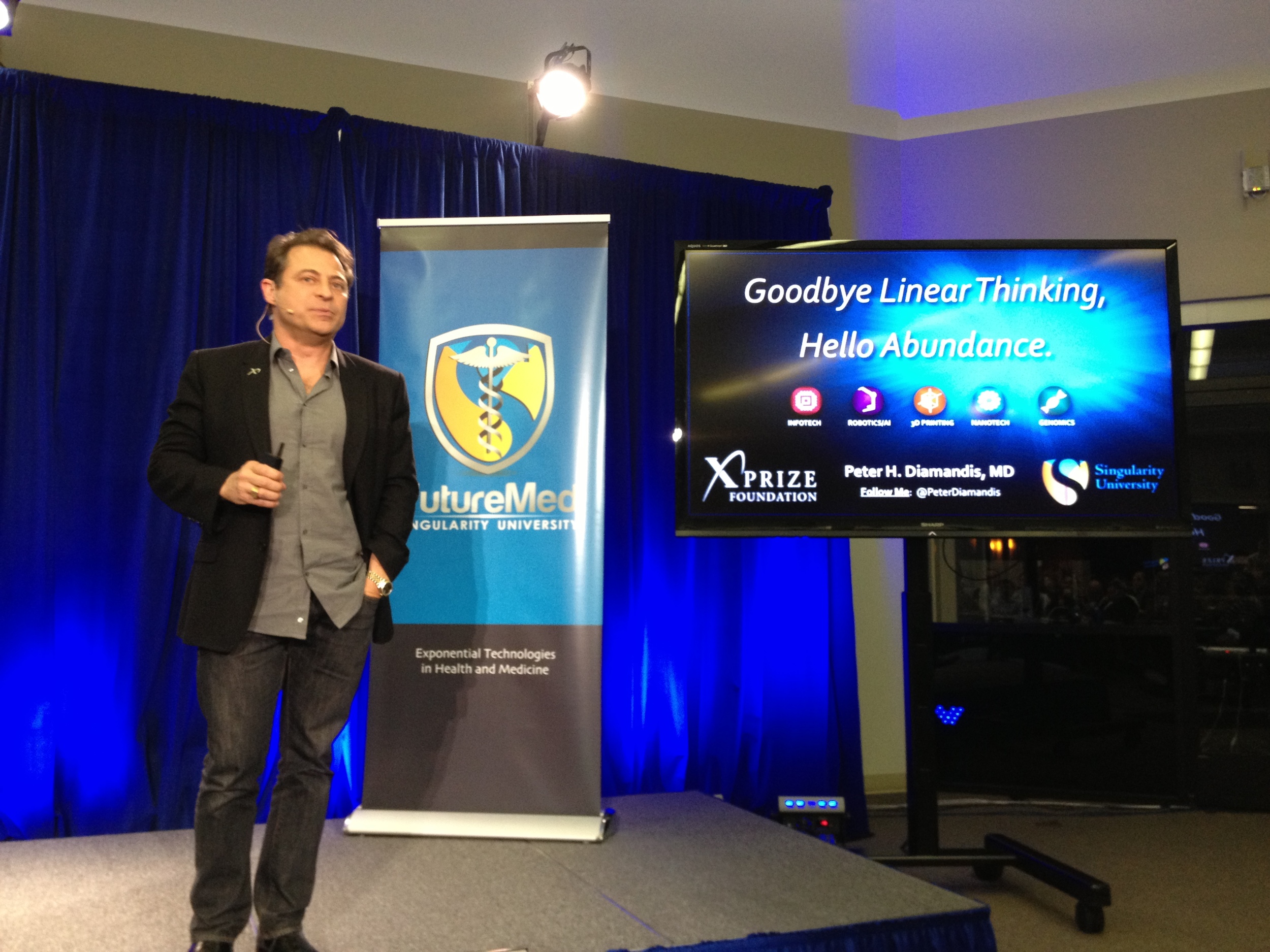

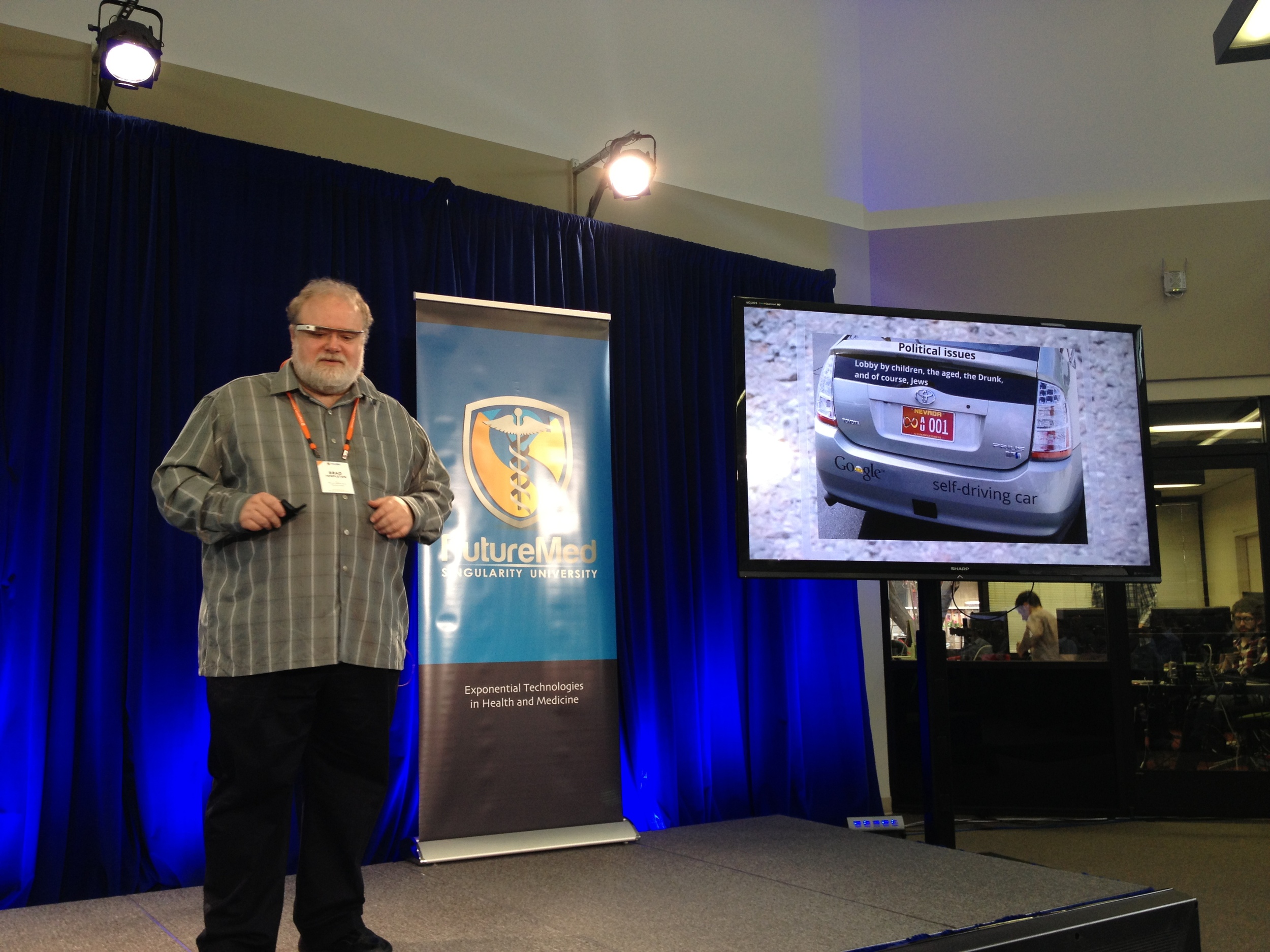
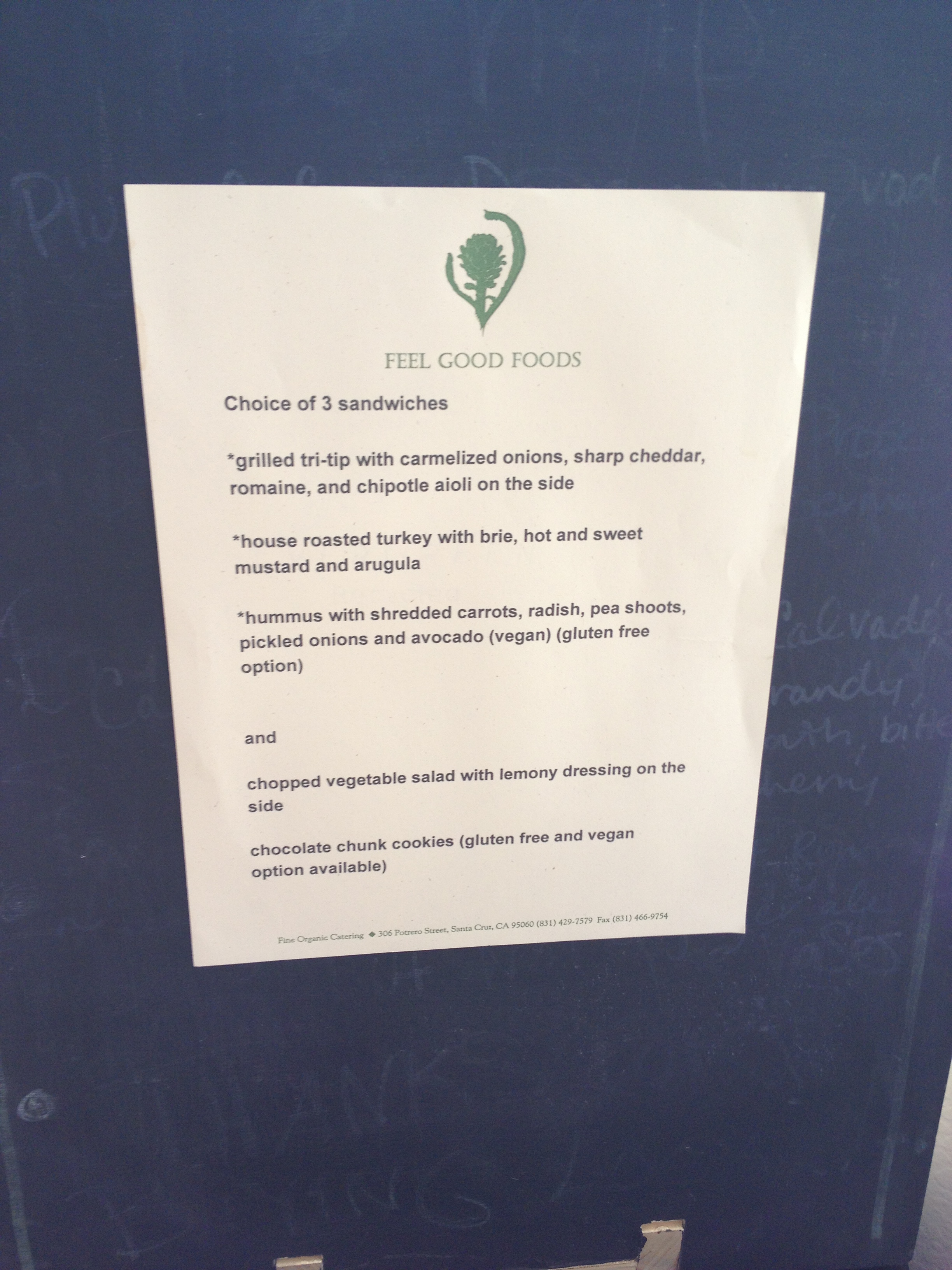
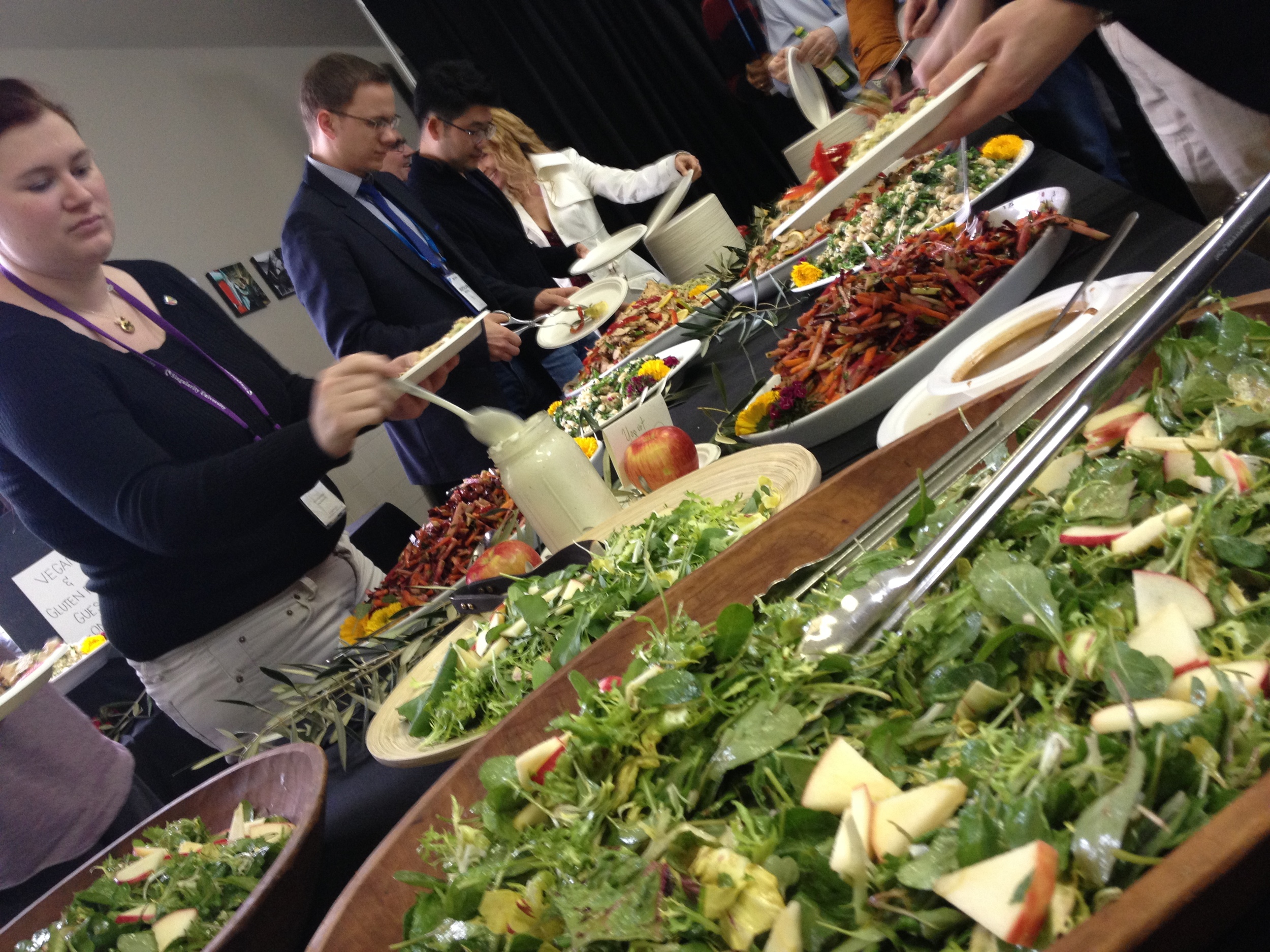
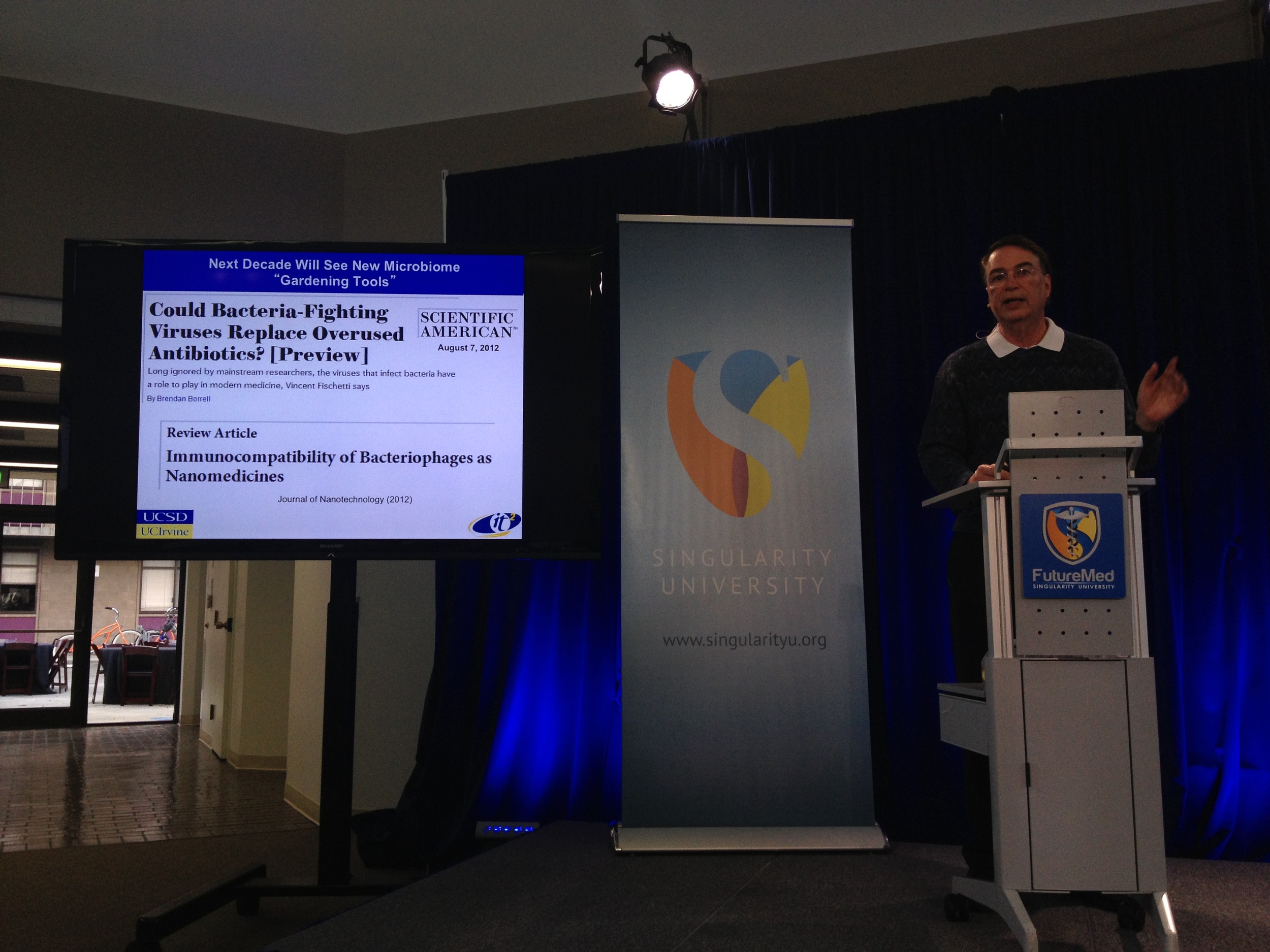
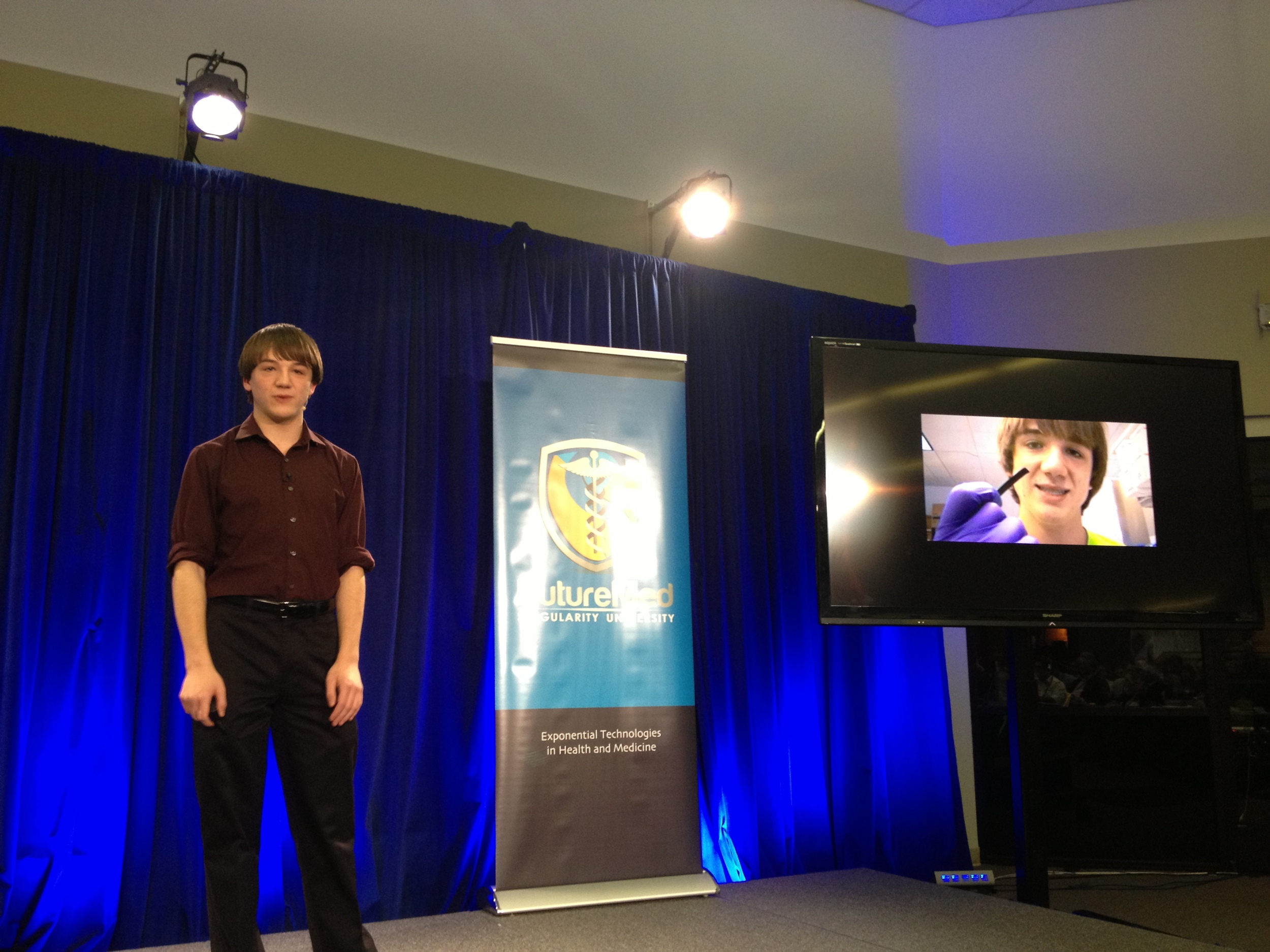
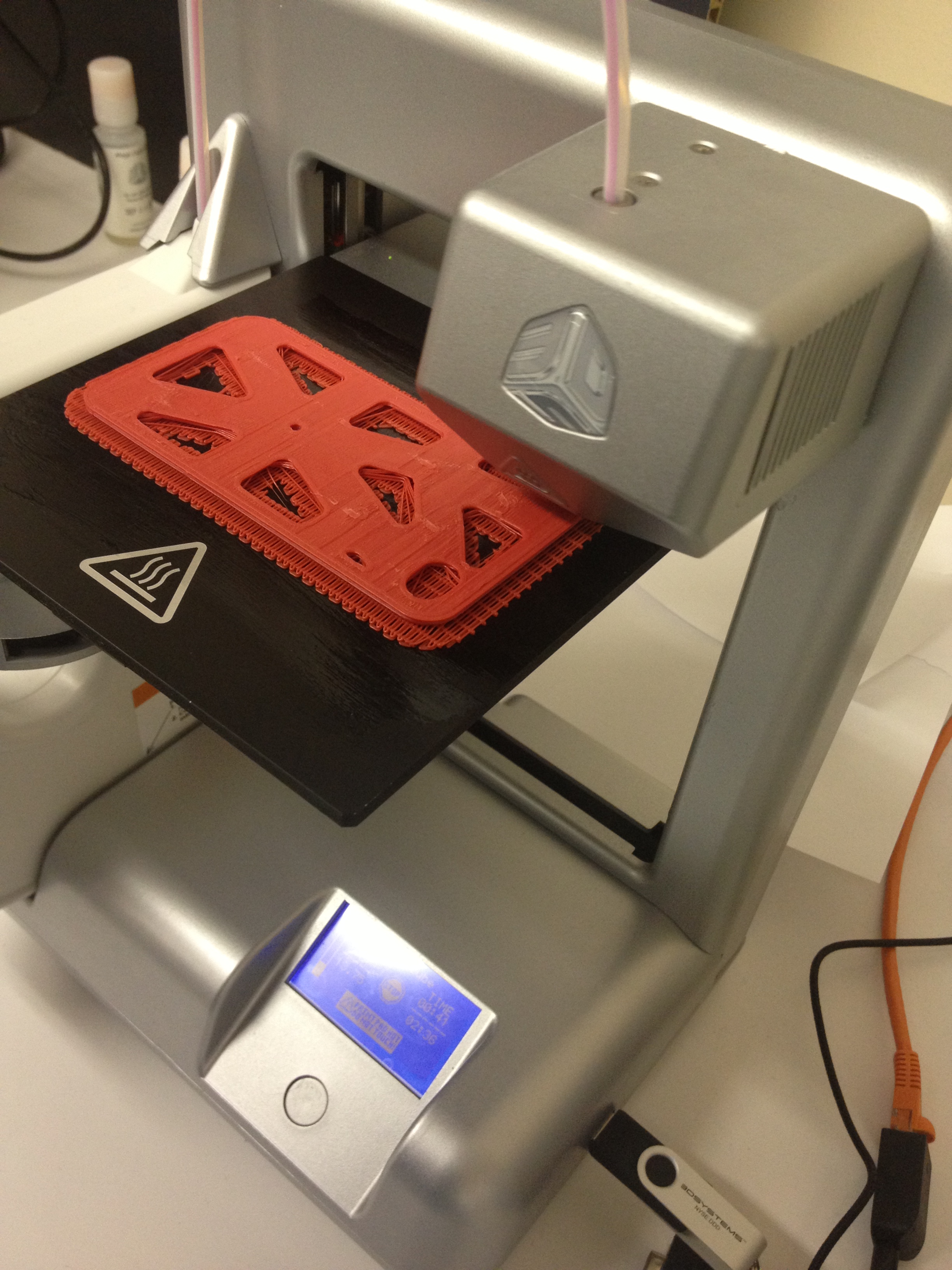
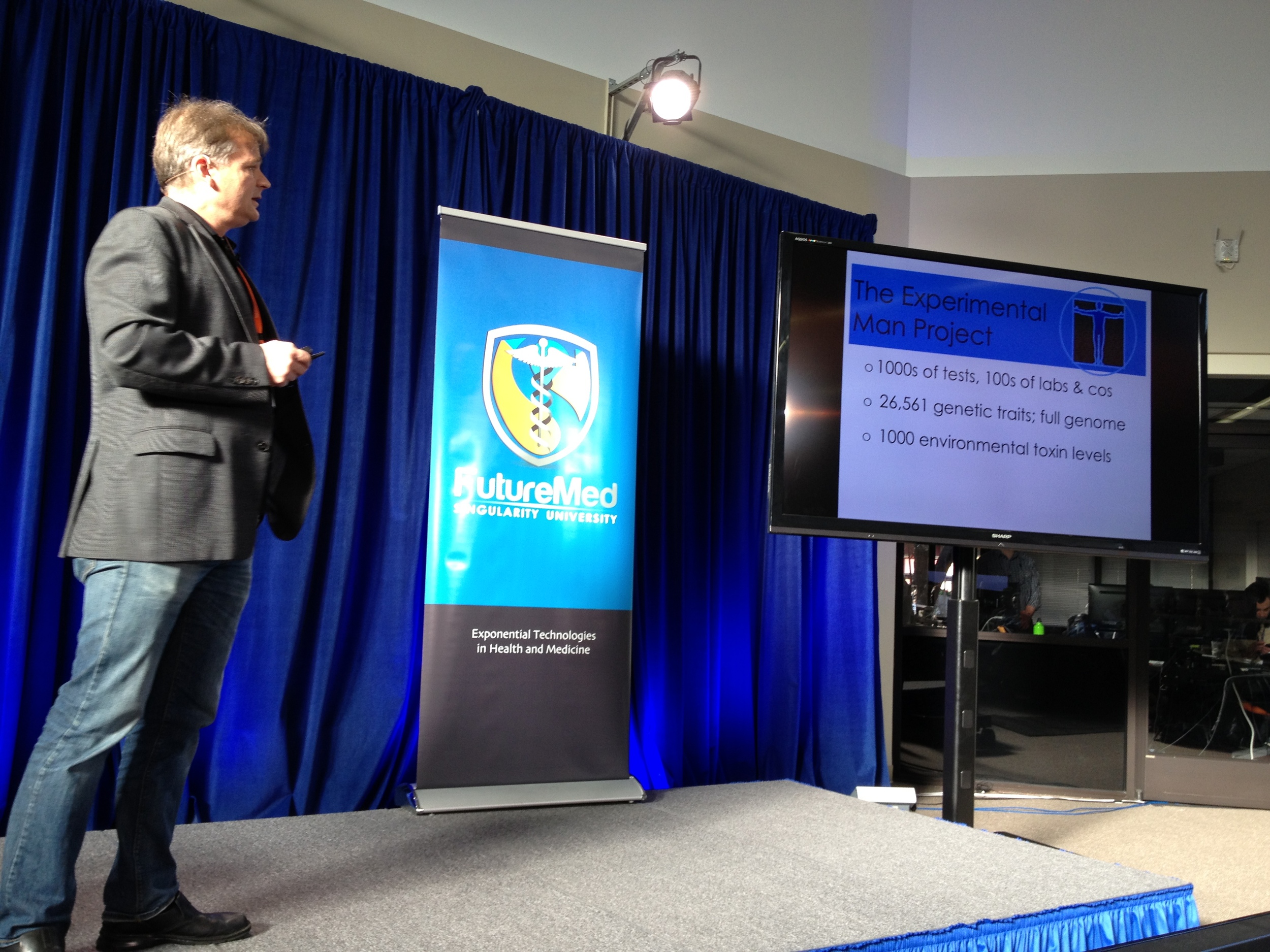

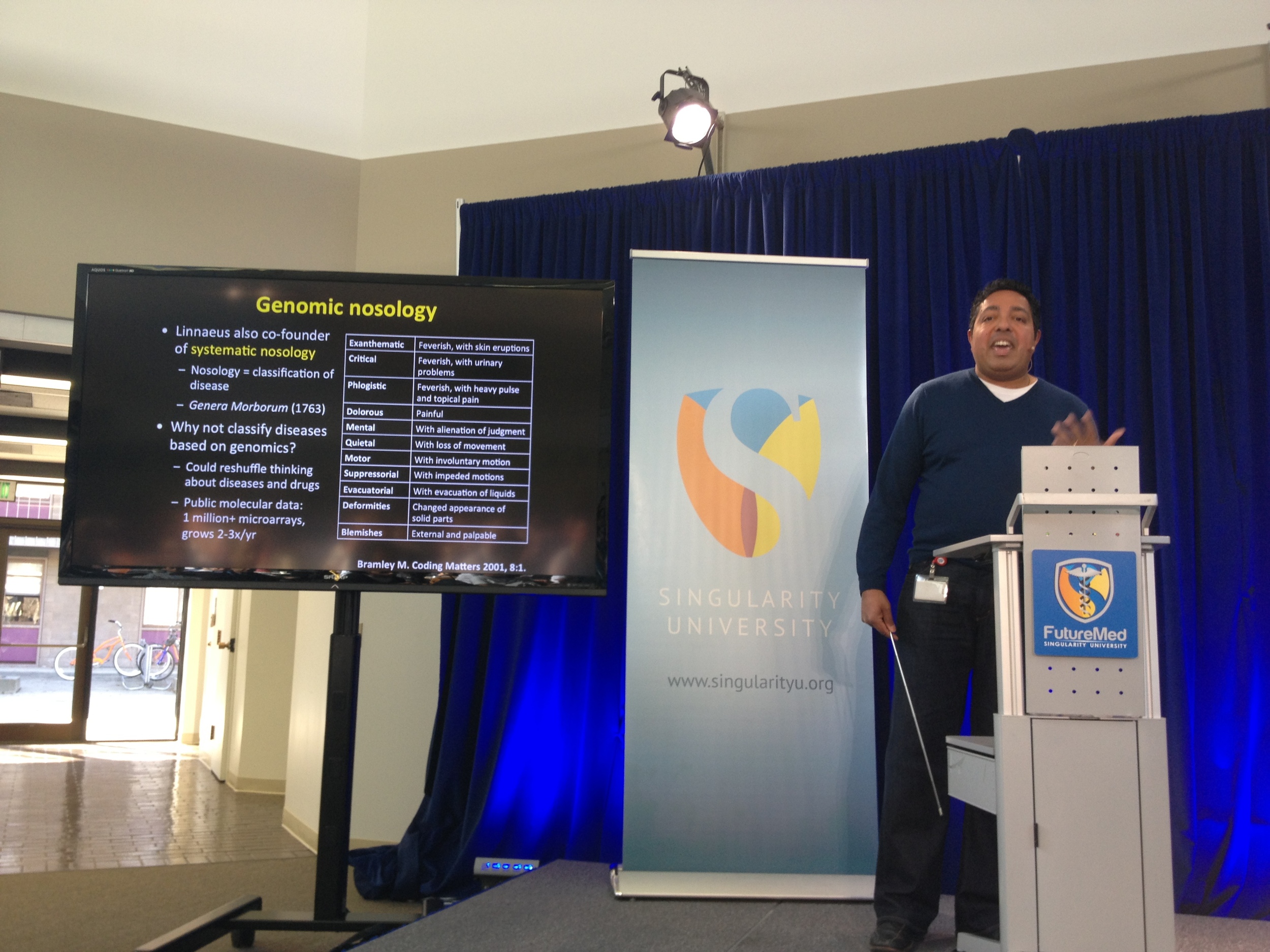
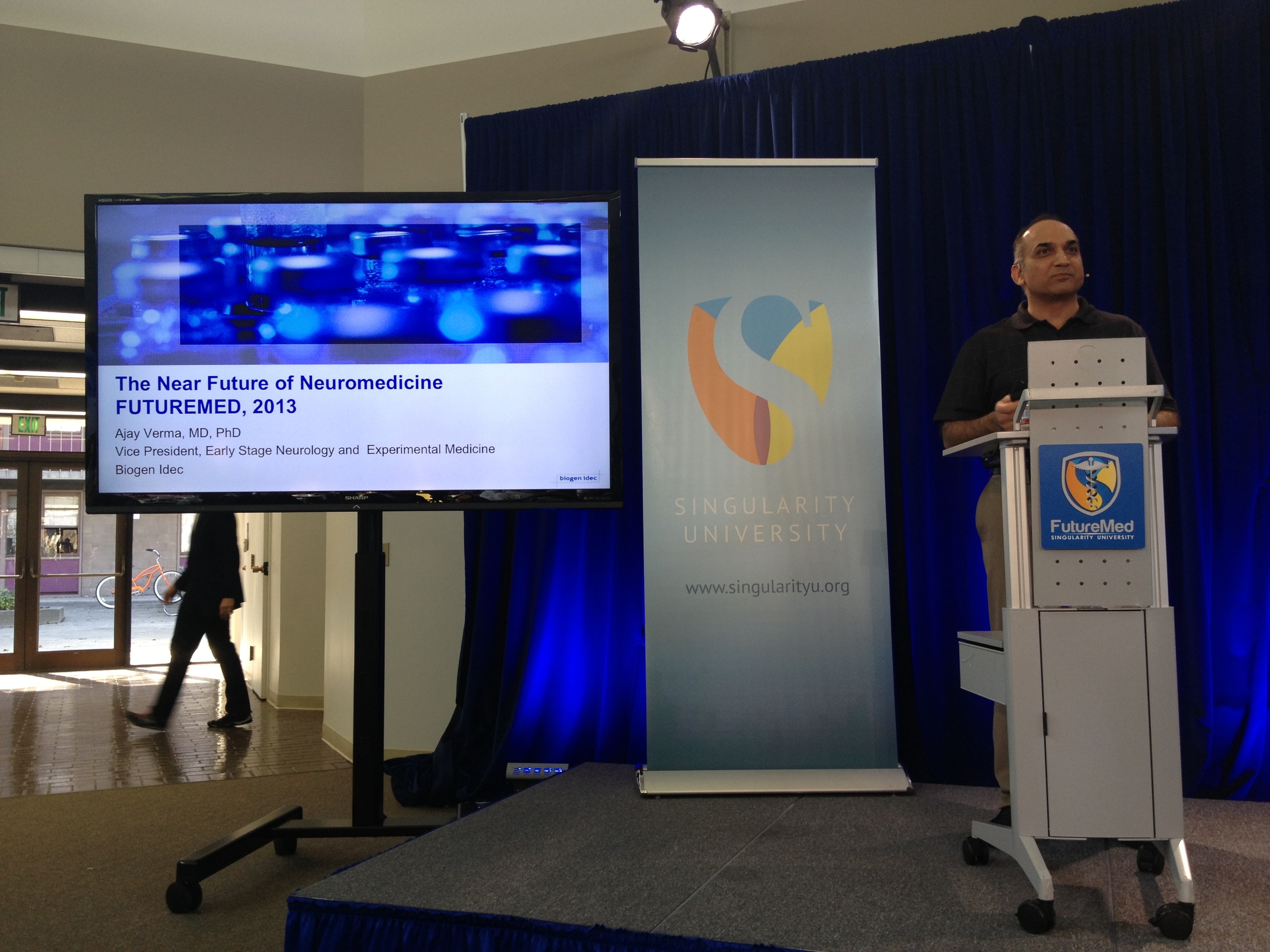
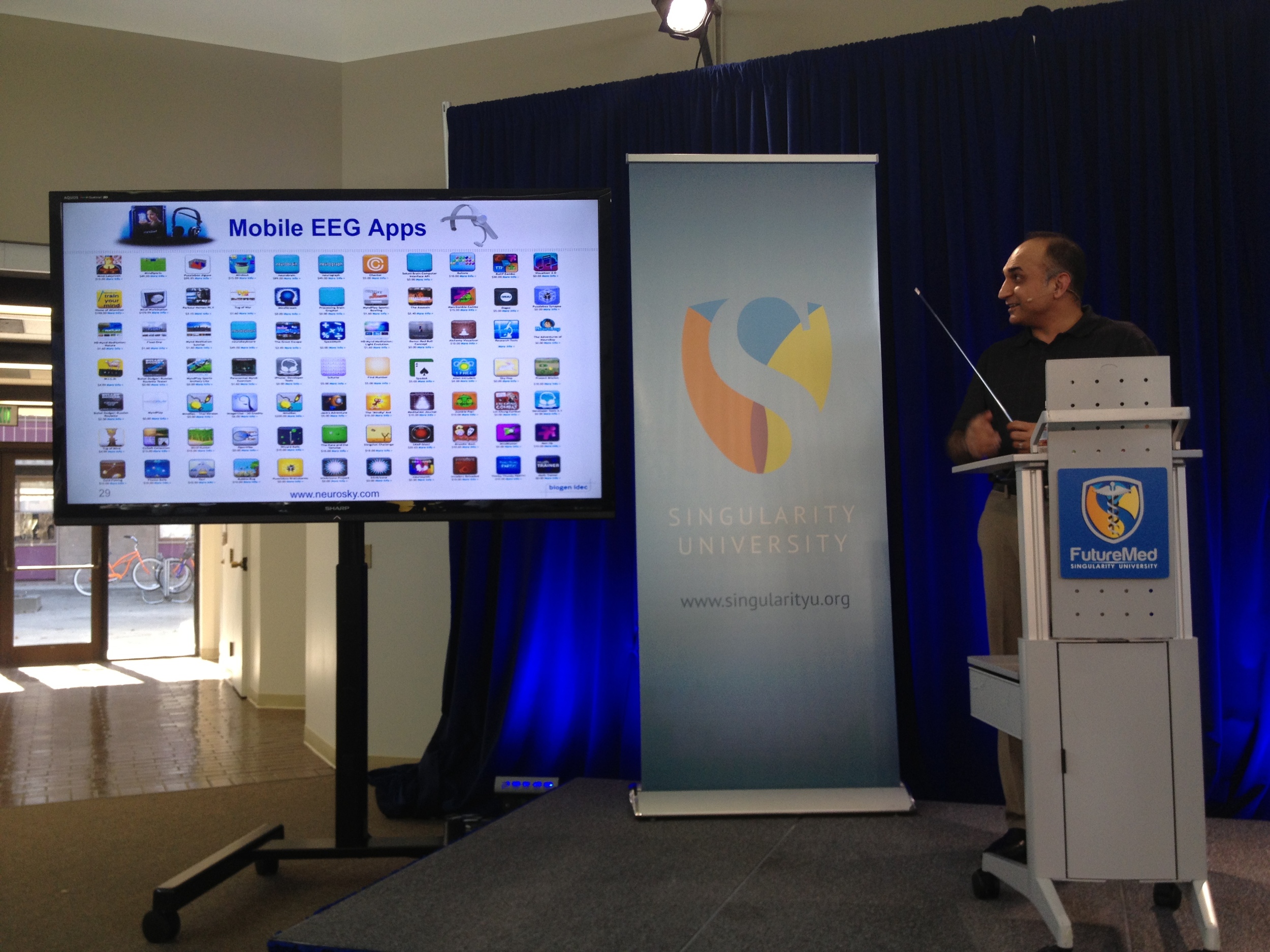


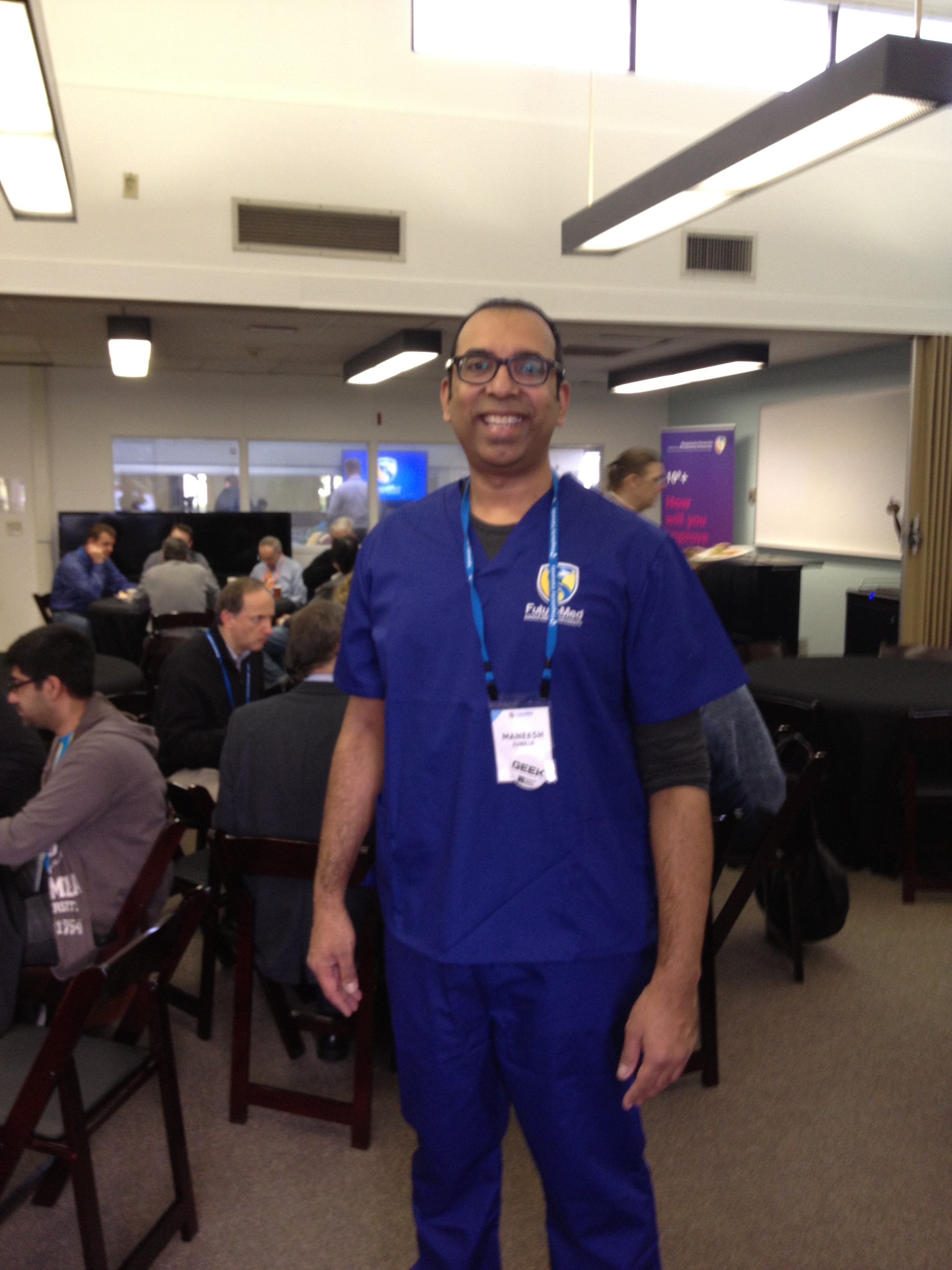
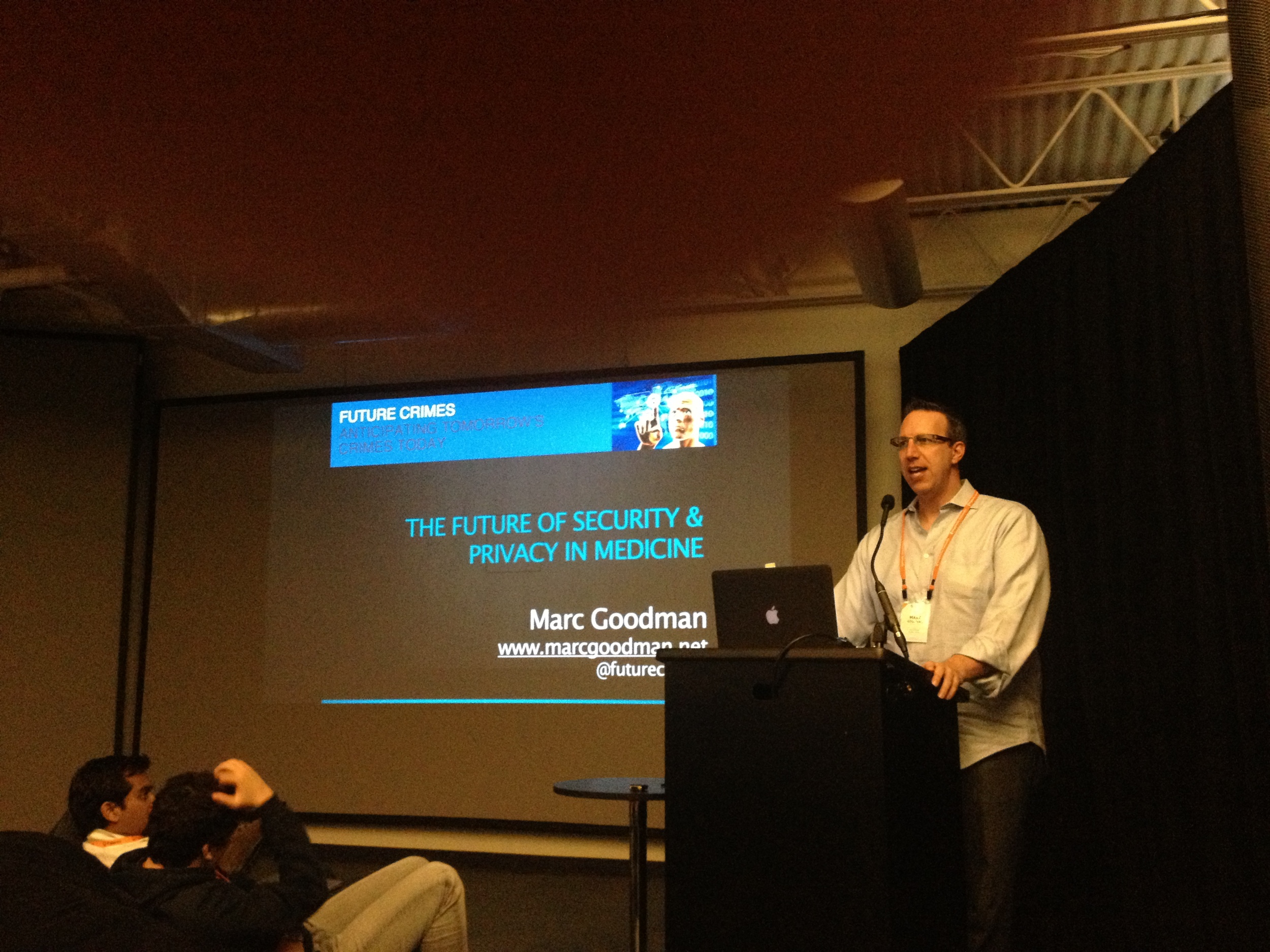
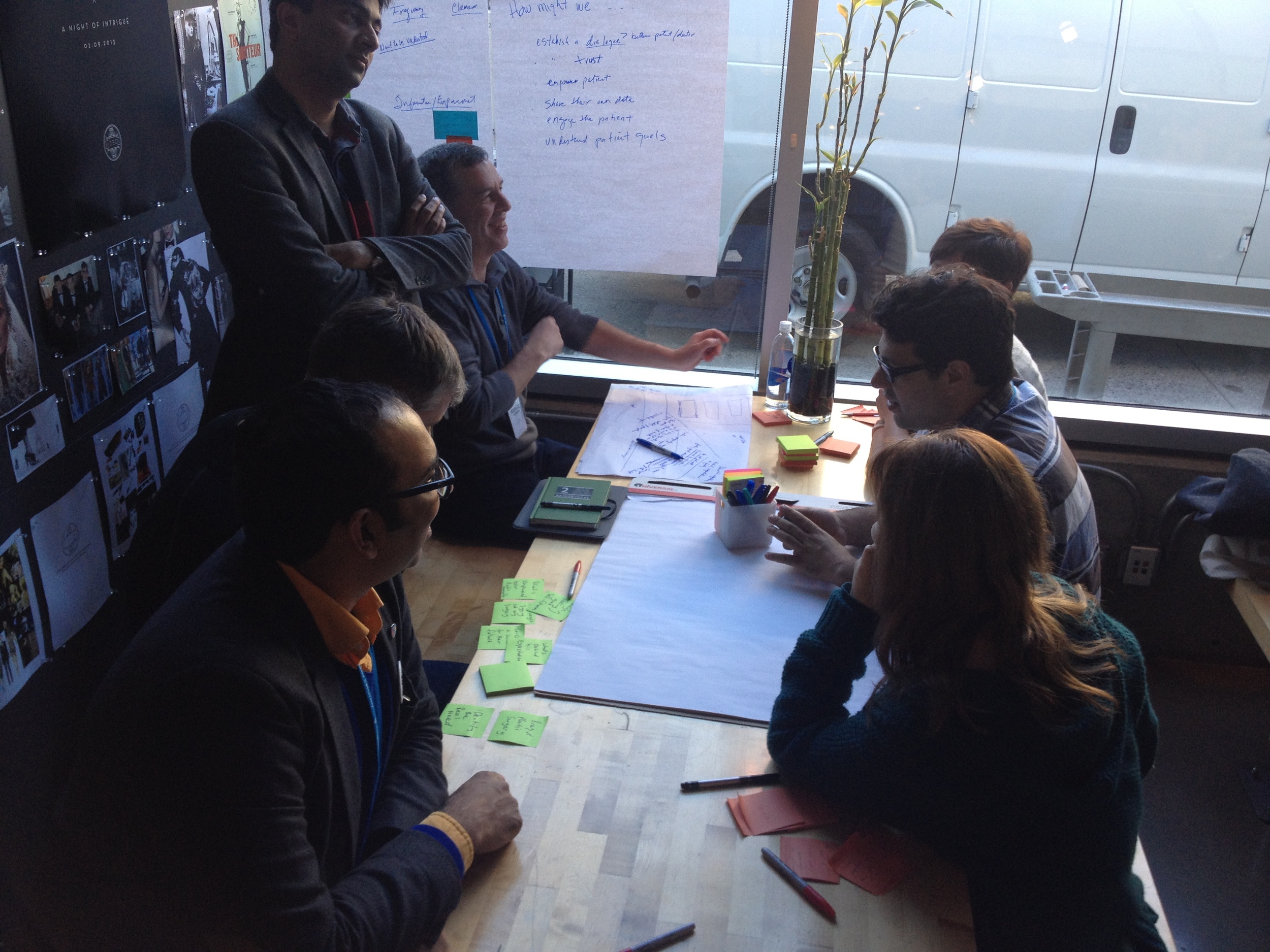

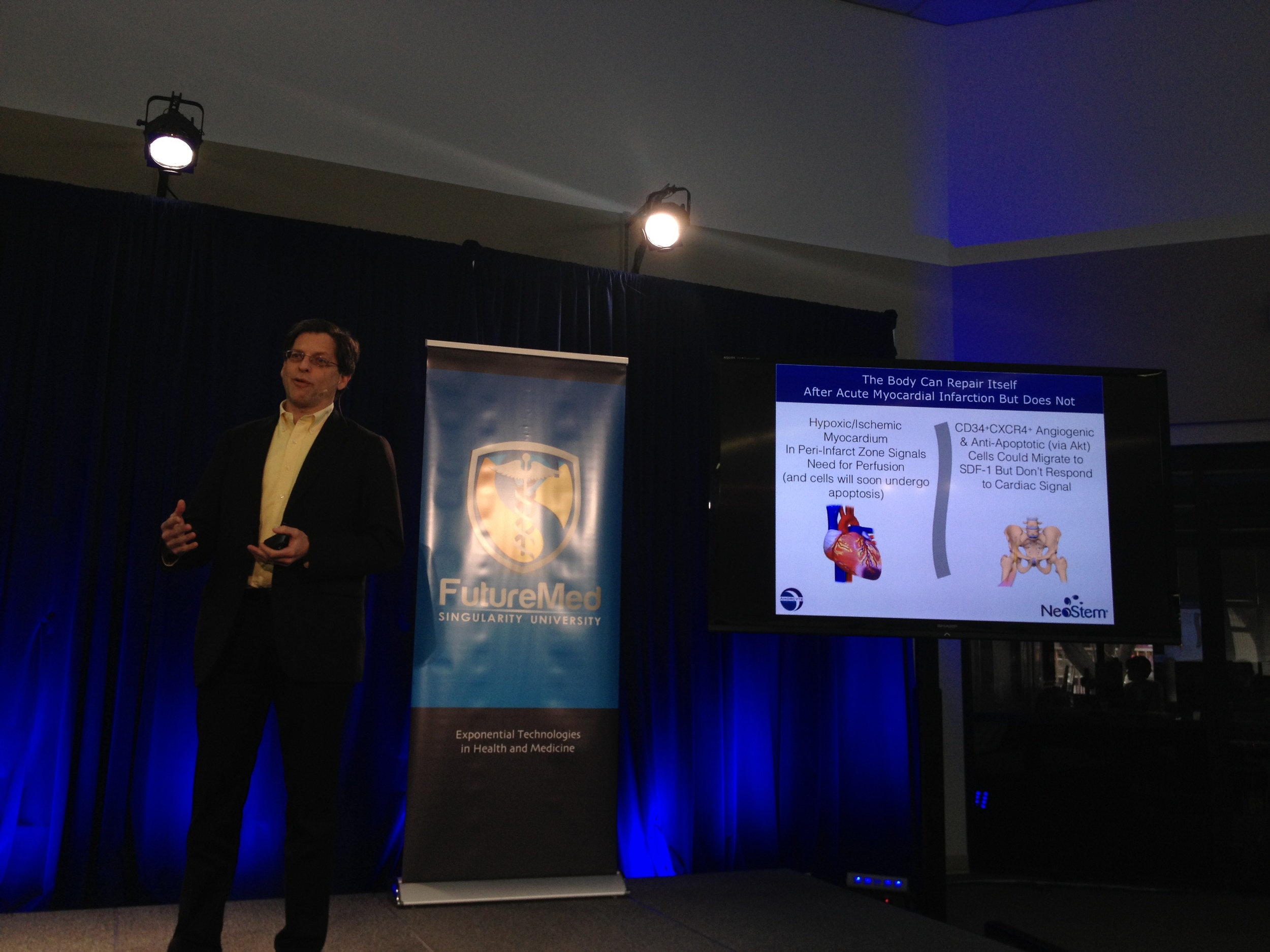
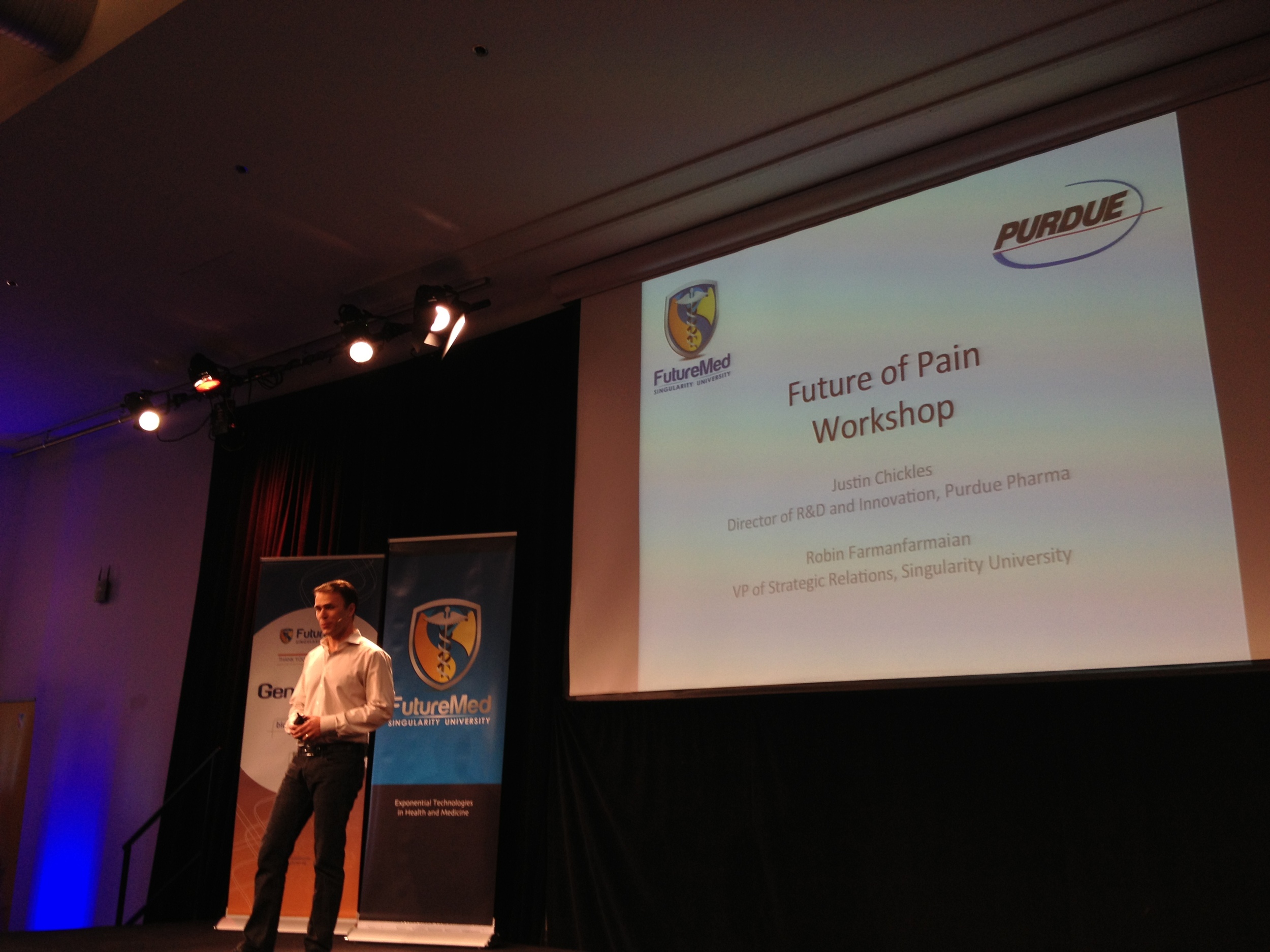
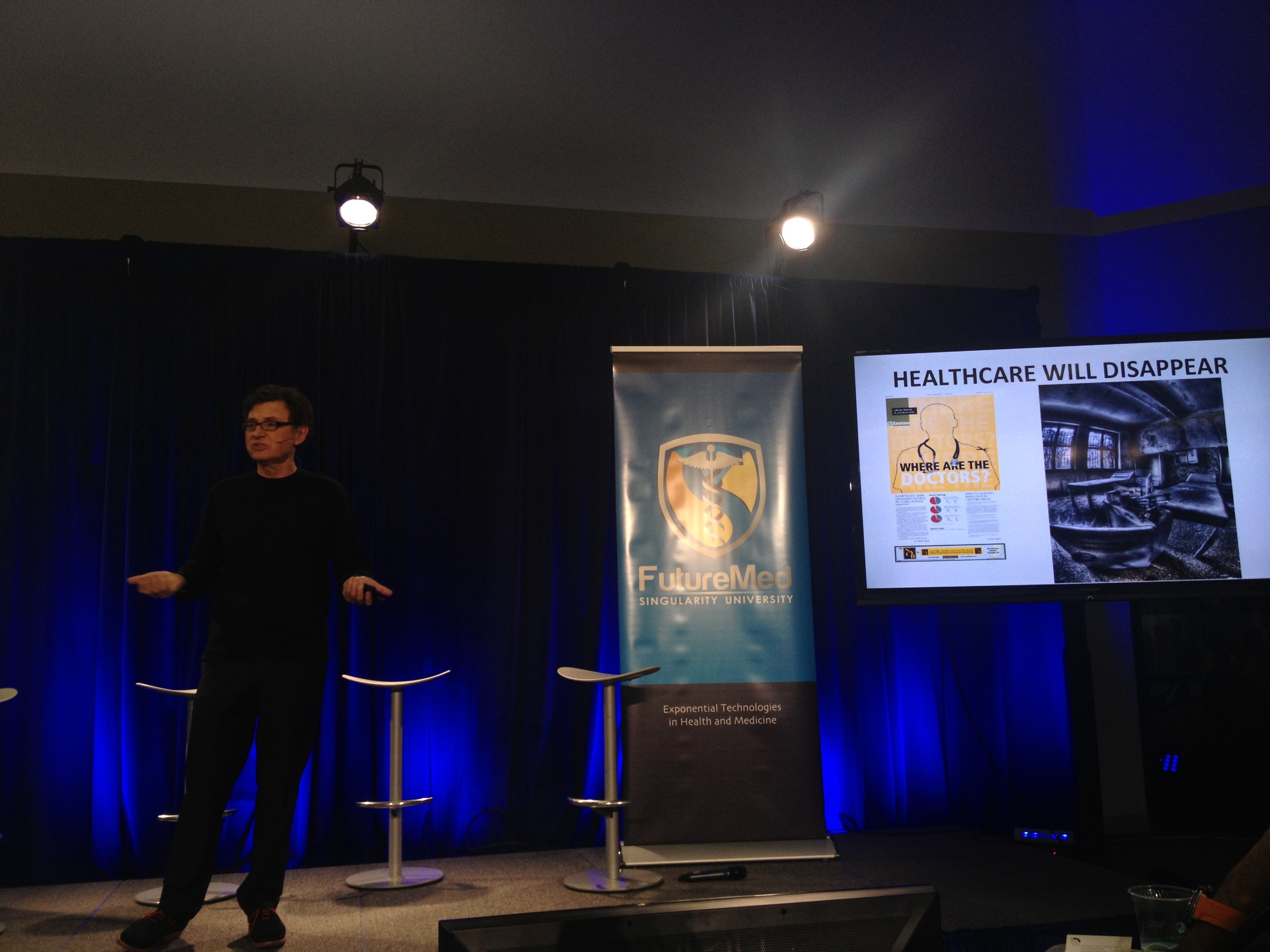
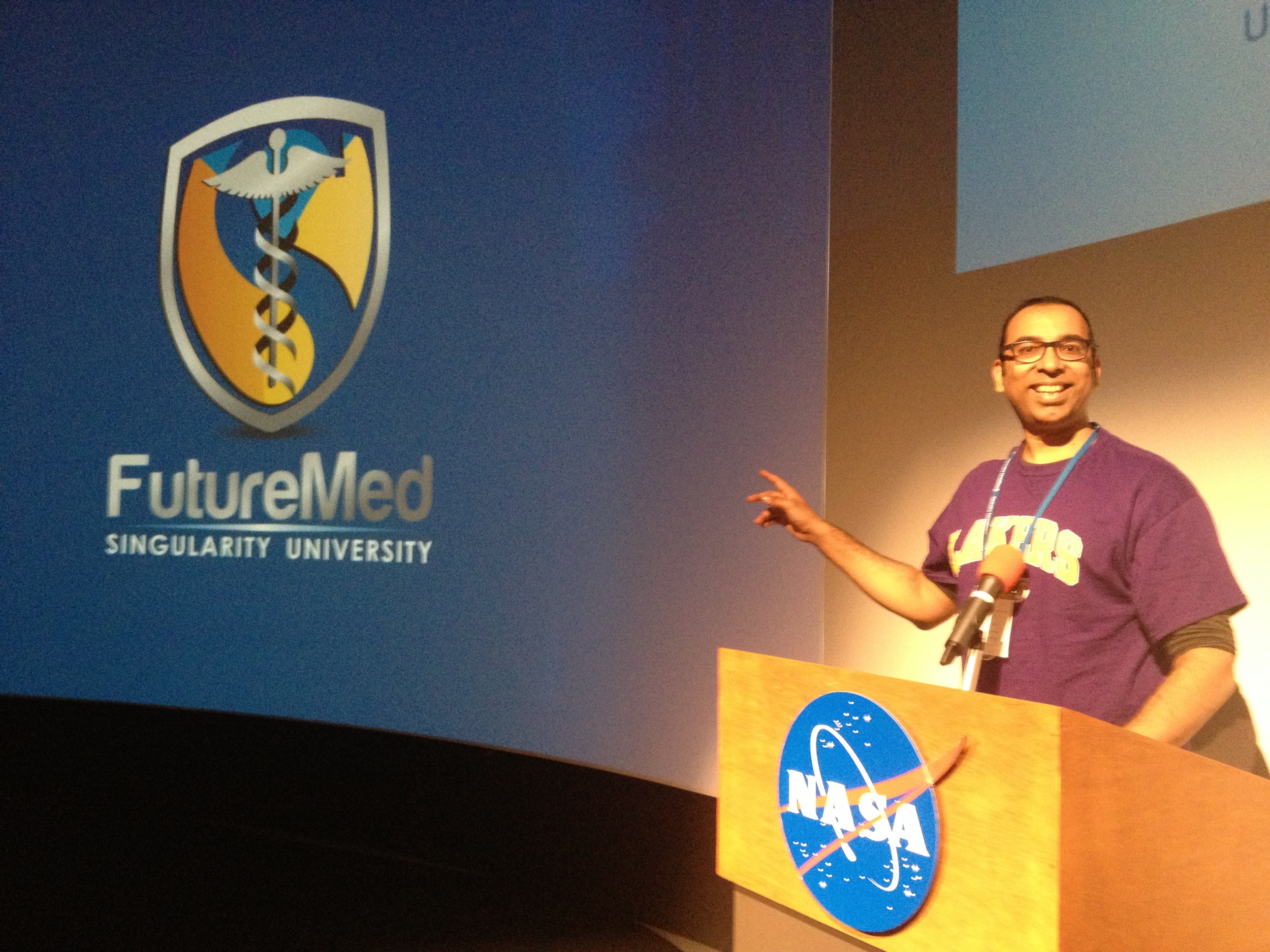
![Anthony Zacharzewski [facilitator] curating the Open Space lineup](https://images.squarespace-cdn.com/content/v1/512294dce4b03a5603ca572e/1382573027251-D4A82EZZMOF117X4DD1L/openspace.jpg)
![I think here I was describing the scale of the problem! Photo by Ruth Beattie [Yes, that's a genuine Hawaii shirt that I actually purchased in Honolulu]](https://images.squarespace-cdn.com/content/v1/512294dce4b03a5603ca572e/1382573751181-C6JZ6IC8A8PZYK3TK89E/avoid_duplication.jpg)


